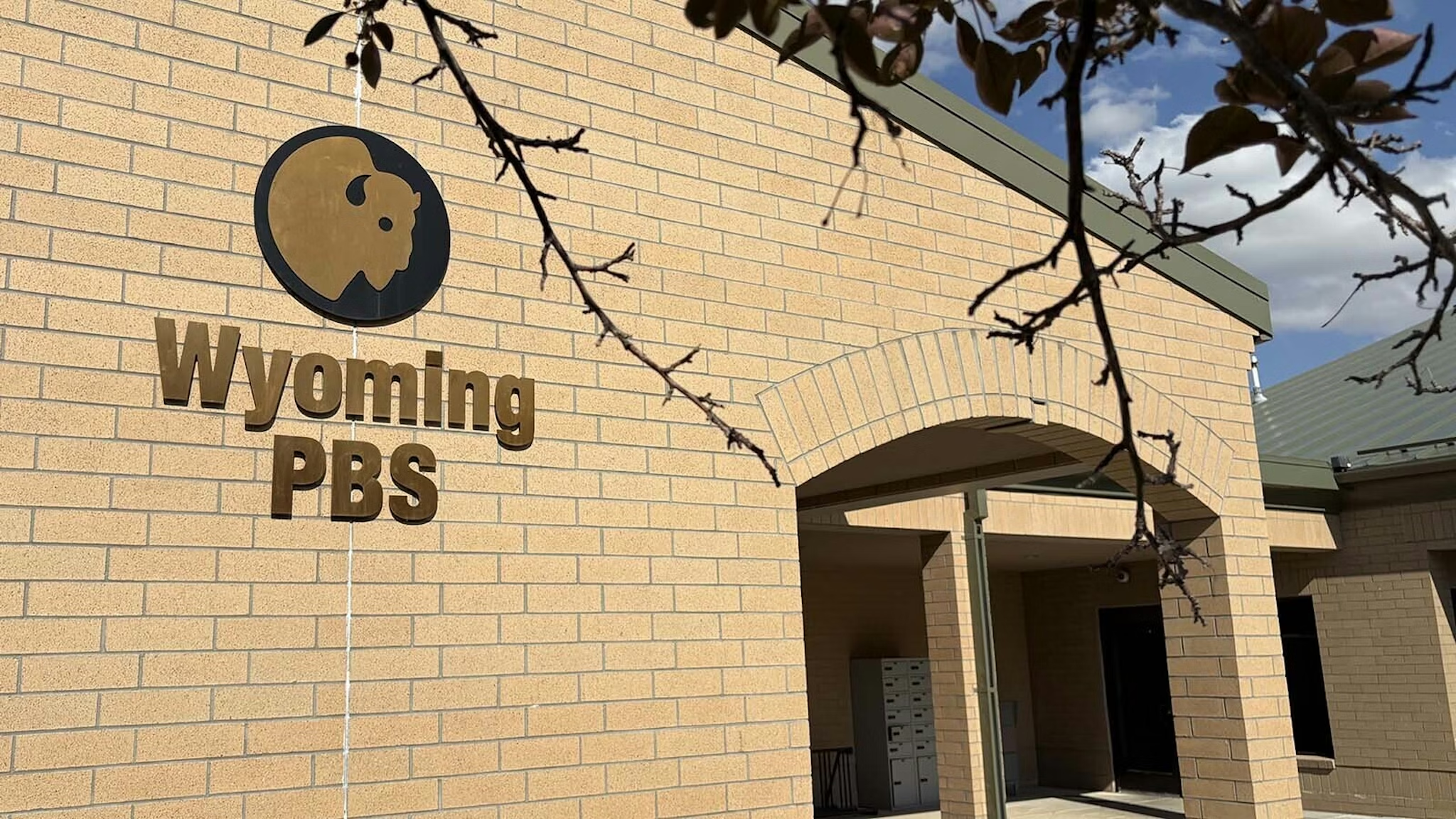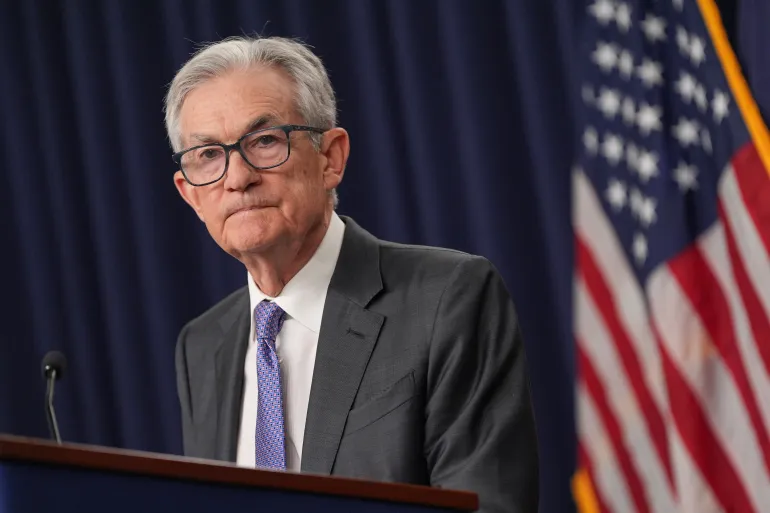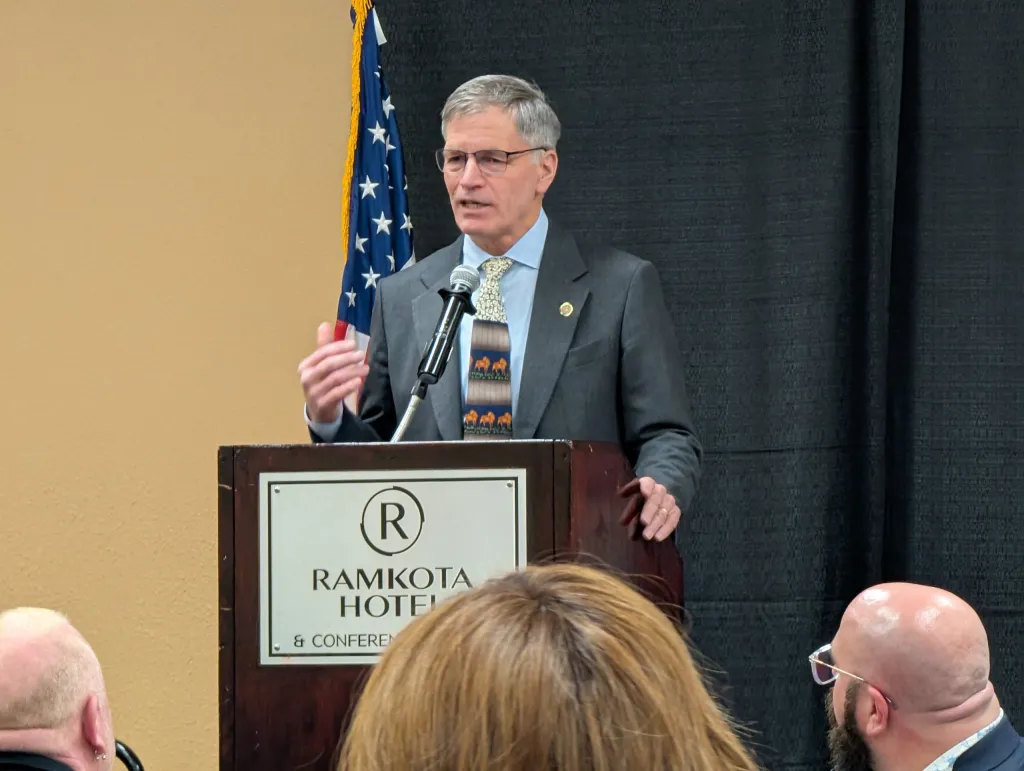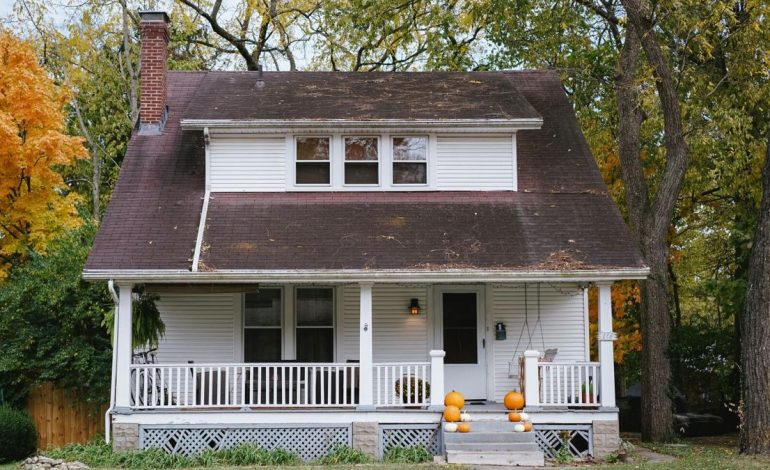A new Wyoming law set to take effect July 1 will allow property owners to work directly with law enforcement to immediately remove unauthorized occupants from residential properties, addressing growing concerns about illegal occupancy — commonly referred to as squatting, Casper Star-Tribune reports.
The legislation, formally known as Senate Enrolled Act No. 20, or the Residential Property Removal of Unlawful Occupant Act, establishes a clear process for property owners to reclaim possession of homes that are being unlawfully inhabited. Under the new law, individuals without a lease, prior tenancy, or familial ties to the owner — conditions designed to prevent misuse in domestic disputes — may be removed swiftly with the assistance of law enforcement.
The need for this law came into focus after a Casper property owner discovered several unknown individuals living in a rental home after the leaseholder had vacated. These individuals claimed they had subleased the property, but the original tenant had no legal authority to sublet it. Similar incidents, according to a statewide survey of Realtors, have occurred in other communities across Wyoming — including Cheyenne, Cody, and more rural areas.
Laurie Urbigkit, Government Affairs Director for Wyoming REALTORS, emphasized the frequency of such events.
“This really is happening in Wyoming,” she said. “In some cases, people have used falsified documents to justify their presence in a home.”
The law is modeled in part on similar measures adopted in other states such as Florida, and aligns with growing national interest in countering fraudulent occupation practices. It distinguishes between unlawful squatters and tenants involved in civil landlord-tenant disputes, where issues like non-payment or lease violations are typically resolved through the courts.
Supporters of the law argue it provides property owners with an essential tool for protecting their rights and investments. Prior to this change, local law enforcement often declined to intervene when unauthorized occupants claimed a right to be on the premises, referring cases to civil court — a process that could take weeks or months.
Under the new statute, property owners or their authorized agents may file an affidavit affirming that occupants are not legally entitled to remain in the residence. If criteria are met, law enforcement may assist with immediate removal.
While the law received broad support, it was not without concerns. Governor Mark Gordon allowed the measure to pass into law without his signature, citing due process considerations.
“There still must be sufficient due process to ensure authorized occupants are not inadvertently harmed by errant removal requests,” he wrote in a February letter.
Urbigkit noted that the bill underwent multiple rounds of public review and legislative scrutiny.
“Everybody had the opportunity to dig through it and have the wording the way we needed it,” she said.
Allen Thompson of the Wyoming Association of Sheriffs and Chiefs of Police confirmed that implementation will depend on coordination among local agencies and legal counsel.
“This was one of the bills we highlighted after the session so that our members could begin preparing,” he said.
While acknowledging that housing shortages may contribute to instances of unauthorized occupancy, Urbigkit said the law is designed to prevent exploitation of existing legal protections intended for tenants.
“It’s a scam in many cases,” she said. “Now, law enforcement can go with the owner and enforce the law. They can stand by as the squatters pack up and leave.”










The latest news in your social feeds
Subscribe to our social media platforms to stay tuned